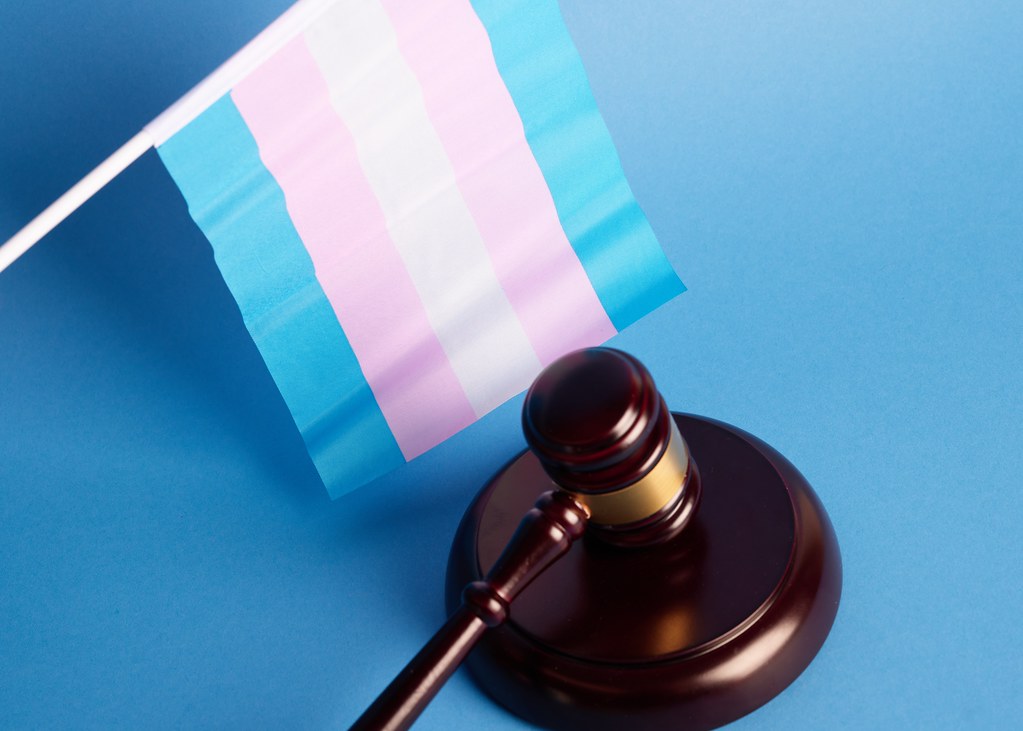Redefining Parenthood: Historic Ruling on Transgender Rights in Kerala

A Quiet Revolution in Law and Family
In a path-breaking judgement, the Kerala High Court stepped beyond the conventional limits and affirmed transgender rights of a couple seeking recognition as parents of their child without conforming to binary gender roles. In Zahhad & Anr. v. State of Kerala & Ors., Justice Ziyad Rahman adopted a transformative constitutional approach and directed the Kozhikode Corporation to issue a birth certificate identifying the couple simply as “parents,” not as “father” and “mother.” This judicial intervention marks a milestone for inclusive family law in India, symbolising hope for queer and transgender families in a society still rooted in traditional binaries.
Case Background: A Family Beyond Binaries
Zahhad, a transgender man, and Ziya Paval, a transgender woman, a couple, who made history as among the first publicly known transgender couples in India to conceive a child. In 2023, they put a hold on their respective medical treatments to start a family. Zahhad, who identified as a female at the time of birth had not undergone uterine removal surgery, conceived and gave birth to their child. Despite the couple’s legal recognition under the Transgender Persons (Protection of Rights) Act, 2019, and possessing identity documents affirming their gender, the child’s certificate designated Zahhad as “mother” and Ziya as “father,” in direct contradiction with their lived and legally acknowledged identities. This was contrary to Section 4(2) of the Transgender Persons (Protection of Rights) Act, 2019, which recognizes the
right of transgender persons to be identified according to their self-perceived gender identity. Fearing the psychological, legal, and social consequences for their child and themselves, the couple approached the High Court to seek recognition as “parents” without gender attribution.
A Statutory Stalemate: Legal Framework Versus Lived Realities.
The Kozhikode Corporation issued a birth certificate under the Kerala Registration of Births and Deaths Rules, 1999, reflecting parental gender as per binary classifications, even though the couple had updated identity documents.. Wherein, they recorded the name of the father as Ziya Paval (Transgender) and that of the mother as Zahhad (Transgender) with the term “Transgender” as Parentheses. The transgender couple approached the Kerala High Court seeking a gender-neutral classification, citing the
societal and procedural complications for the child. Justice Ziyad Rahman grounded his decision in the values enshrined in Articles 14 (equality), 15 (prohibition of discrimination), 19 (freedom of expression), and 21 (right to life and dignity). These Articles, the court observed, are gender-neutral and must necessarily include transgender persons and their families. The court adopted the approach of “social context adjudication”, holding that when a strict interpretation of the law results in injustice, it is the constitutional responsibility of the court to provide a perspective that is focused on equality. This strategy is consistent with the legal trend of employing constitutional morality as a means for remedying systemic exclusion faced by marginalised groups.
Landmark Cases Cited
In its reasoning, the Court relied on certain landmark judgements, such as:
- In Deepika Singh v. Central Administrative Tribunal & Ors, it was held that, the guardians or caretakers of the child may change with remarriage, adoption, or fostering. The legal understanding of “family” may include manifestations like queer families as well as single parents.
- In ABC v. State (NCT of Delhi), it was held that, a single mother can obtain a birth certificate for her child without naming the father, citing the right to privacy and dignity.
- Navtej Singh Johar v. Union of India – Decriminalised same-sex relationships and upheld the rights of LGBTQIA+ persons right to life and personal liberty.
- Badshah v. Urmila Godse– Emphasised the doctrine of “social justice adjudication,” urging courts to bridge the gap between law and evolving societal needs.
- NALSA v. Union of India – Recognised the right of transgender persons to self-identify their gender, affirming their inclusion within the constitutional guarantee of dignity and autonomy.
Conclusion: Towards an Inclusive Future
This ruling is significant for the LGBTQIA+ community, especially in recognising transgender parenthood. This case represents one of the first judicial recognitions of transgender parenthood in India, going beyond mere identity recognition to affirming rights within familial and legal frameworks. This judgment not only affirms the rights of transgender individuals to family life and legal recognition but also paves the way for more inclusive policies that respect gender identity and diverse family structures. By acknowledging the lived realities of transgender parents and prioritizing the welfare of the child, the Kerala High Court has set a transformative precedent that strengthens constitutional values of equality, dignity, and non-discrimination for the LGBTQIA+ community in India.
For further details, contact us at: contact@indialaw.in
By entering the email address you agree to our Privacy Policy.



